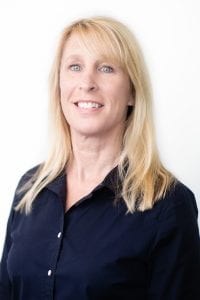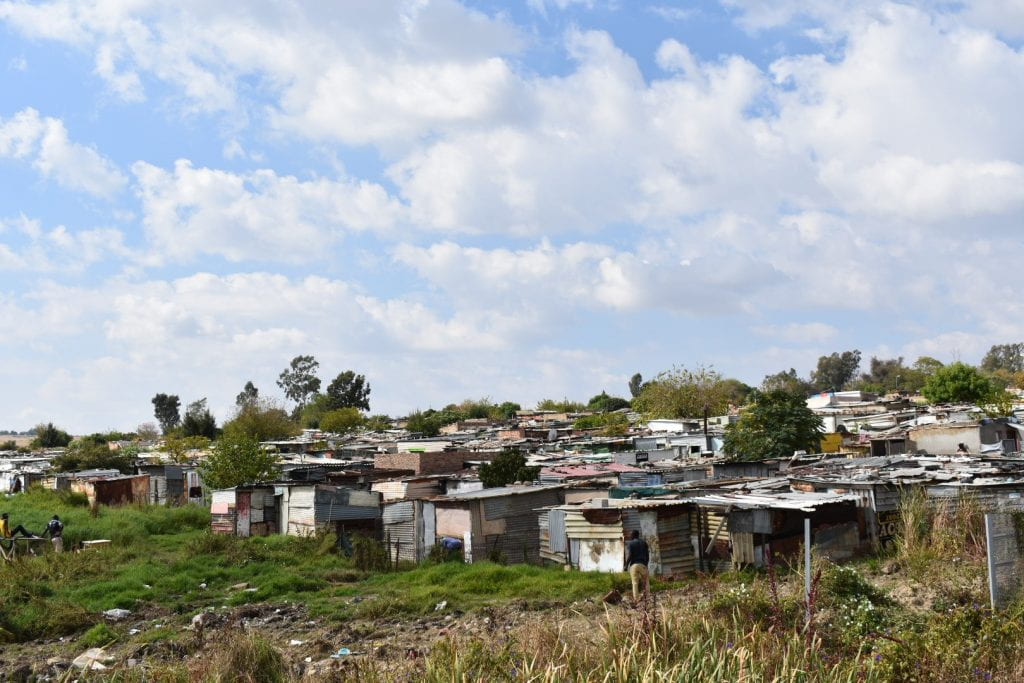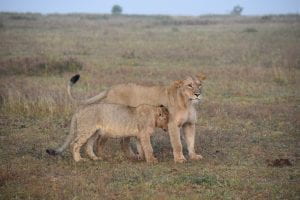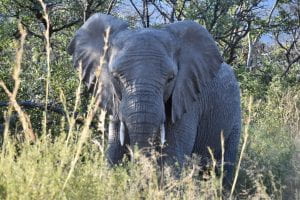
Editor’s note: This guest column was written by Kelly Eskew, clinical associate professor of business law and ethics and instructor of a Kelley X272 course.
BLOOMINGTON, Ind. — Every spring, the Indiana University Kelley School of Business sends out nearly 450 second-semester sophomores on a great adventure, taking the classroom to every continent (except Antarctica) to study the culture, economy and political systems of 18 countries around the world.
This group of rigorous courses — known as “X272s” — allows students to immerse themselves in global challenges and opportunities focused on a specific region, and then to travel and apply that learning through local and personal experiences.
Each department in Kelley is home to at least one X272 course. Classes meet for eight weeks of intense study and preparation on campus, followed by a seven- to nine-day study tour.
I would like to share with you my X272 course, “Business and Human Rights in South Africa.” There is no greater privilege than my responsibility for shepherding this life-changing learning experience for my incredible students and then watching how it impacts the vision each has for the principled way in which he or she will conduct business.
 I met my students in December, after staff in our International Programs office sorted through applications and determined which students would go where. In addition to my 22 students, two Kelley staff members joined our team. We first met in early December for some logistics and “what to expect” information. The class officially started at the beginning of March, and our study tour began after finals week in mid-May. (A handful of X272 courses meet the first half of spring semester and travel in March.)
I met my students in December, after staff in our International Programs office sorted through applications and determined which students would go where. In addition to my 22 students, two Kelley staff members joined our team. We first met in early December for some logistics and “what to expect” information. The class officially started at the beginning of March, and our study tour began after finals week in mid-May. (A handful of X272 courses meet the first half of spring semester and travel in March.)
We spent the first eight weeks studying the history and culture of South Africa through a series of presentations for which the students were responsible. They covered everything from the “Cradle of Civilization” to apartheid, from South Africa’s rise out of that shameful era of oppression and inhumanity to democracy, and the current challenges facing a country that deliberately and for generations impoverished — economically and educationally — nearly 90 percent of its population.
We studied and debated different approaches to business and human rights, including the United Nations Guiding Principles. Students worked in small teams to do a human rights impact assessment of a sub-Saharan company, identifying risks and failures and offering recommendations for mitigating those impacts. We also devoted time to building our learning community through icebreakers and other activities so that we already started the process of becoming a family before that long flight to Johannesburg, South Africa’s business capital.
Our most recent study tour was unique because our first full day in the country was also national Election Day, which occurs every five years. It’s a holiday, so all businesses were closed. I was able to secure certification for our group as international election observers. We visited polling places in Soweto, a township famous for the 1976 student protests that called the world’s attention to conditions in the country and which still experiences a high level of poverty, and Hyde Park, one of the wealthiest areas on the African continent.
We met with the leader of an observation team to discuss his work around the continent and specifically in South Africa. Throughout our study tour, students were able to knowledgeably discuss the election returns and how results would impact the country in the coming years.

We also visited an informal settlement on the outskirts of Johannesburg called Diepsloot (pictured just above), which looks like a relic of the apartheid era, but is a sad reality of the poverty that still confronts South Africa. But, we were not there to do “poverty tourism.” Poor communities have vibrant business activity, in part because they’re disconnected from the formal marketplace. In partnership with the University of Pretoria Gordon Institute for Business Studies, we went with local guides and visited Diepsloot business owners to discuss their challenges and dreams.
Students also visited with multinational corporations to learn about their efforts to know their human rights risks and to show effort and progress in eliminating those impacts. In our most recent study tour, we visited ABInBev and Xylem, and did case studies with Anglo Gold Ashanti mining and Synergy, a human rights consultancy.
We also toured Constitution Hill, site of a former prison for those charged with political crimes. Our guide, Alan Fine, was held there while awaiting trial for treason, for his activities as an anti-apartheid activist. Fine, now a human rights consultant to South Africa’s mining industry, generously shared his horrific experience and talked of friends killed during those dangerous times and of those imprisoned alongside him.
It was a day we would never forget and for which we were all grateful.
Our class took a break in the middle of our study tour to stay at a game preserve where — as you’ll see from the pictures below — we could see lions, elephants, rhinos and other amazing wildlife of South Africa, Taking two days to decompress and see the incredible natural gifts of this country was a welcome respite.
Before every visit, two students from the class are responsible for briefing the group on where we are going and with whom we will meet. At the end of the day, the same students lead a debrief to help us process the experience. We may debrief two or three visits, talking for more than an hour each evening. Our conversations and experiences were intense, and processing them together helped us all to work through our emotions and to articulate the lessons to take away.
Each Kelley X272 course has a different focus — both in its geography and subject matter — and takes advantage of the diversity and expertise of our school’s faculty. The experience can change students’ lives — it certainly has changed mine.

